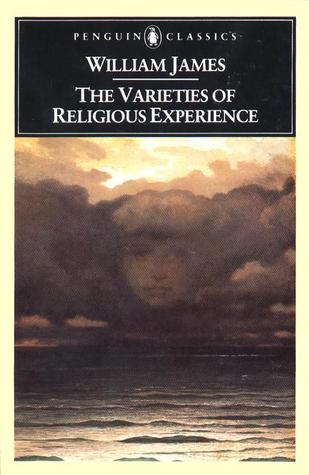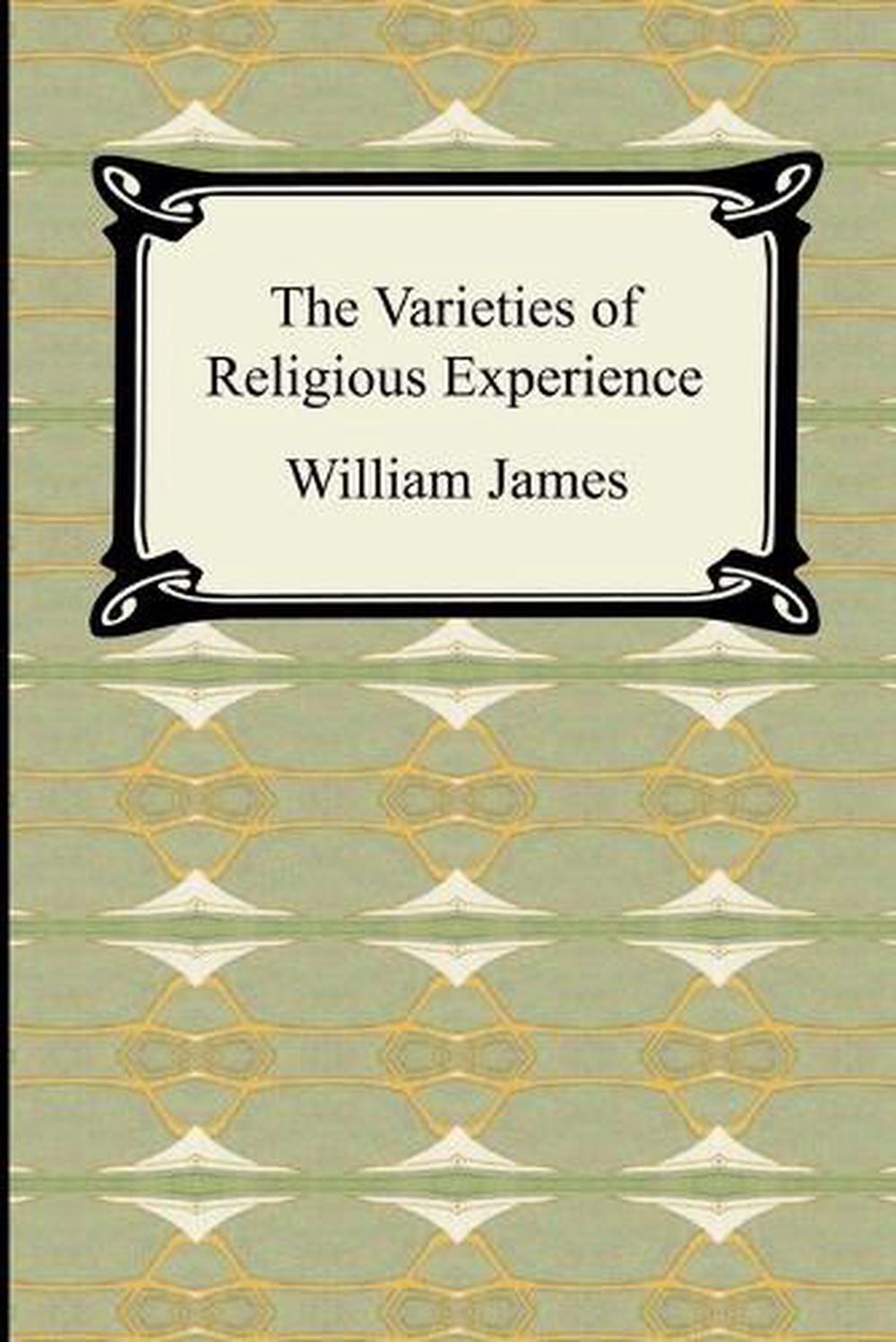

4 ©2005 845 00 "Reexperiencing The Varieties of Religious Experience" there is general neglect of ^ its connection to his Radical Empiricism essays moreover, the text and notes n make little mention of scholarship making connections between Varieties and ^ most of James's works.

With this specific contribution, there is little mention of the relation of Varieties to James's psychology, or more oddly, given the book's subtitle, TRANSACTIONS OF THE CHARLES S. In examining this classic text, the authors do an admirable job in showing its previously neglected continuities with pragmatism most notably, in the introduction, Wayne Proudfoot notices ways that James's concern with the relation of theism and materialism during his first mention of pragmatism in "Philosophical Conceptions and Practical Results" (1898) set the stage for Varieties, and Varieties then implemented the pragmatic approach by "considering] actual religious experiences and their practical consequences" (p. Of course, there is a lot of nuance to add to this snapshot. A brief and flippant summary of their assessment is that The Varieties is a glorious failureÂ-but that's not bad for trying to do the impossible. Sharing this context and centering their critical wares on one book, the essayists also have a central concern, namely, evaluation of James's claim to be engaged in a science of religions. 3Â-4), a contextualizing point that many psychologists, religious studies scholars, and philosophers overlook in specialized James scholarship within those respective fields. the relation between science and religion" (pp. The essayists are all predisposed to emphasize James's "lifelong project to.

The contributions can be read individually for their sharp insights from prominent scholars in history, religious studies, psychology, and philosophy, or together for their combined attention to James as a precursor to contemporary secular concerns about the truth of religion. The essays are the result of a colloquium held during the centennial of the book's publication at Columbia University's Center for the Study of Science and Religion and sponsored by the Templeton Foundation. This is a brief and tightly focused anthology of six essays by stellar scholars from many fields, with each one adding slices of distinct and sophisticated insights about James's 1902 pioneering psychological study of religion. William James and a Science of Religions: Reexperiencing The Varieties of Religious Experience New York: Columbia University Press, 2004. In lieu of an abstract, here is a brief excerpt of the content:


 0 kommentar(er)
0 kommentar(er)
